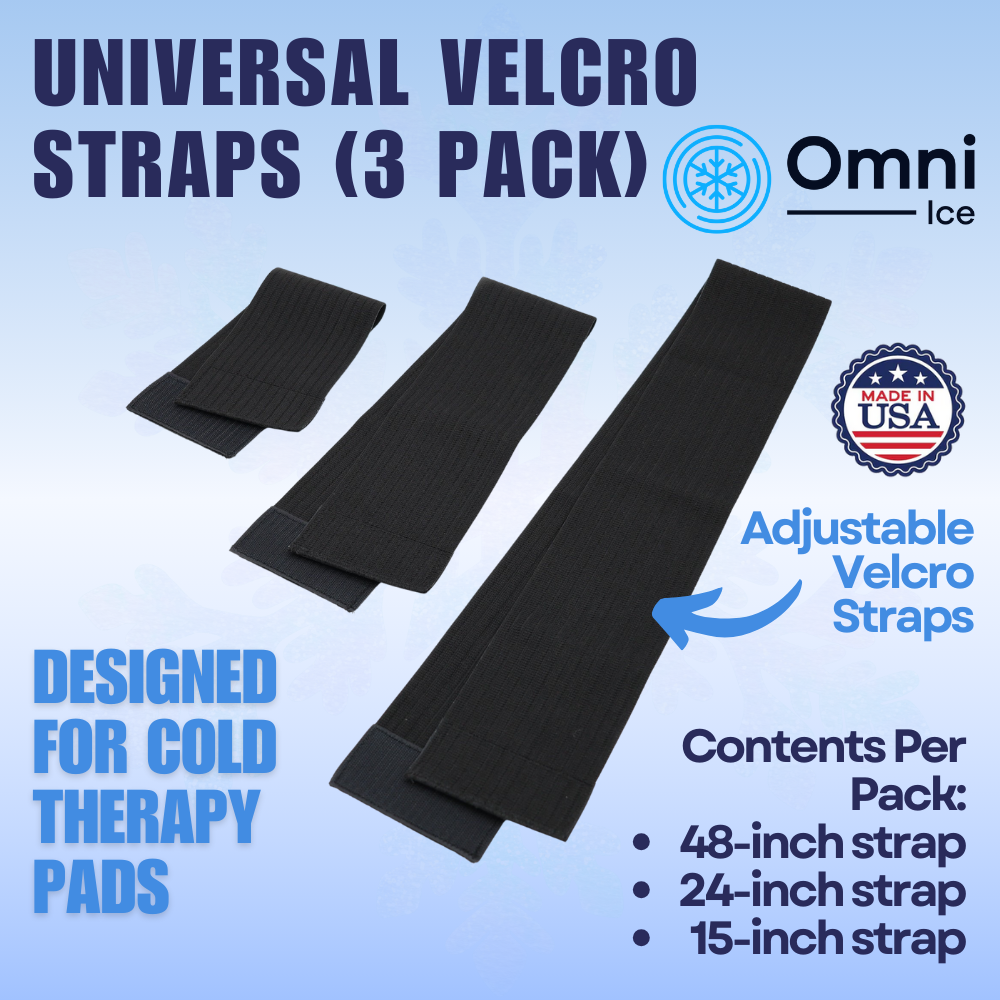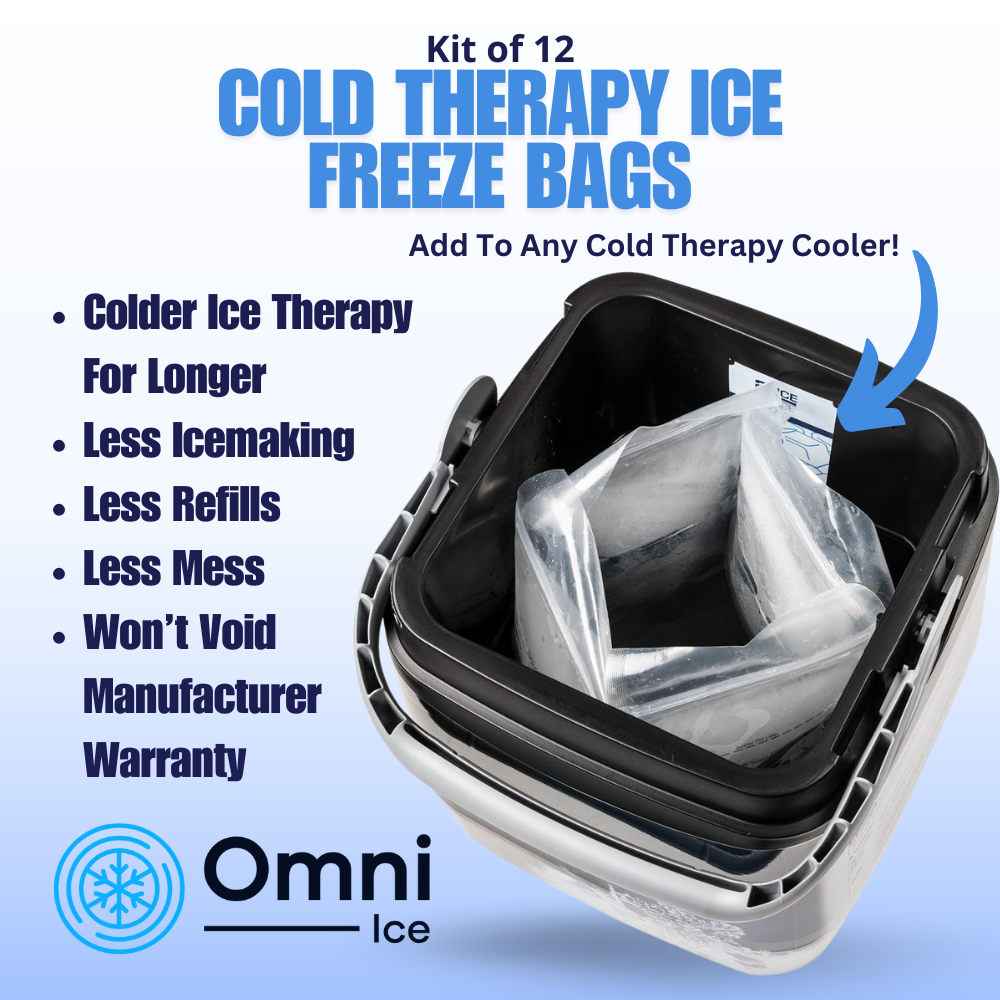Preparing for Getting Your Knee Scoped
Also known as knee arthroscopy, knee scoping is a less invasive surgical procedure used for diagnosing and fixing knee complications and injuries. It involves using an arthroscope - a small surgical tool with a light at the front end - that’s inserted into your knee.
There are many reasons why a doctor may advise you to go for knee scoping, including pain that doesn’t go away even after several nonsurgical treatment methods. This type of surgery has proved to be quite effective in treating damaged cartilages and soft tissues. To achieve excellent results from knee scoping, you have to prepare yourself thoroughly for the surgery. Continue reading to know the kind of preparations you need to do before getting your knee scoped.
Medical Tests
 Before your orthopedist operates on you, they must carry out a few important medical tests to make sure that your health allows you to have the surgery. For instance, the doctor will do a physical analysis of your body and urine and blood tests to know if you have a medical condition that might complicate the procedure.
Before your orthopedist operates on you, they must carry out a few important medical tests to make sure that your health allows you to have the surgery. For instance, the doctor will do a physical analysis of your body and urine and blood tests to know if you have a medical condition that might complicate the procedure.
Some of your doctor’s conditions you will be looking for include diabetes, high blood pressure, and cardiovascular complications. The doctor will also want to know if you are taking any painkillers like aspirin and other blood thinners that can cause excessive bleeding during surgery.
Get a Caregiver
Although knee scoping is a less invasive procedure, it will leave you incapacitated for a few days. That’s why you need a caregiver to help you take care of your daily errands and household chores while you recuperate, especially if you live alone. After the surgery, your knee will need enough rest to heal properly. So, you shouldn’t start walking around the house immediately after the surgery.Get a Driver
Since knee scoping requires anesthesia, you should find someone to drive you back home after the surgery. Although minor knee complications require localized anesthesia, your doctor might opt for general anesthesia if the problem is complex. This type of anesthesia takes several hours before it completely wears off. So, you won’t be in a position to drive back home.
Ask Questions
Before the surgery, the doctor will sit down with you to discuss the procedure and what to expect. This is a good time to ask all the questions you have about the surgery. You also need to ensure that the doctor you choose for knee scoping is qualified and experienced.








